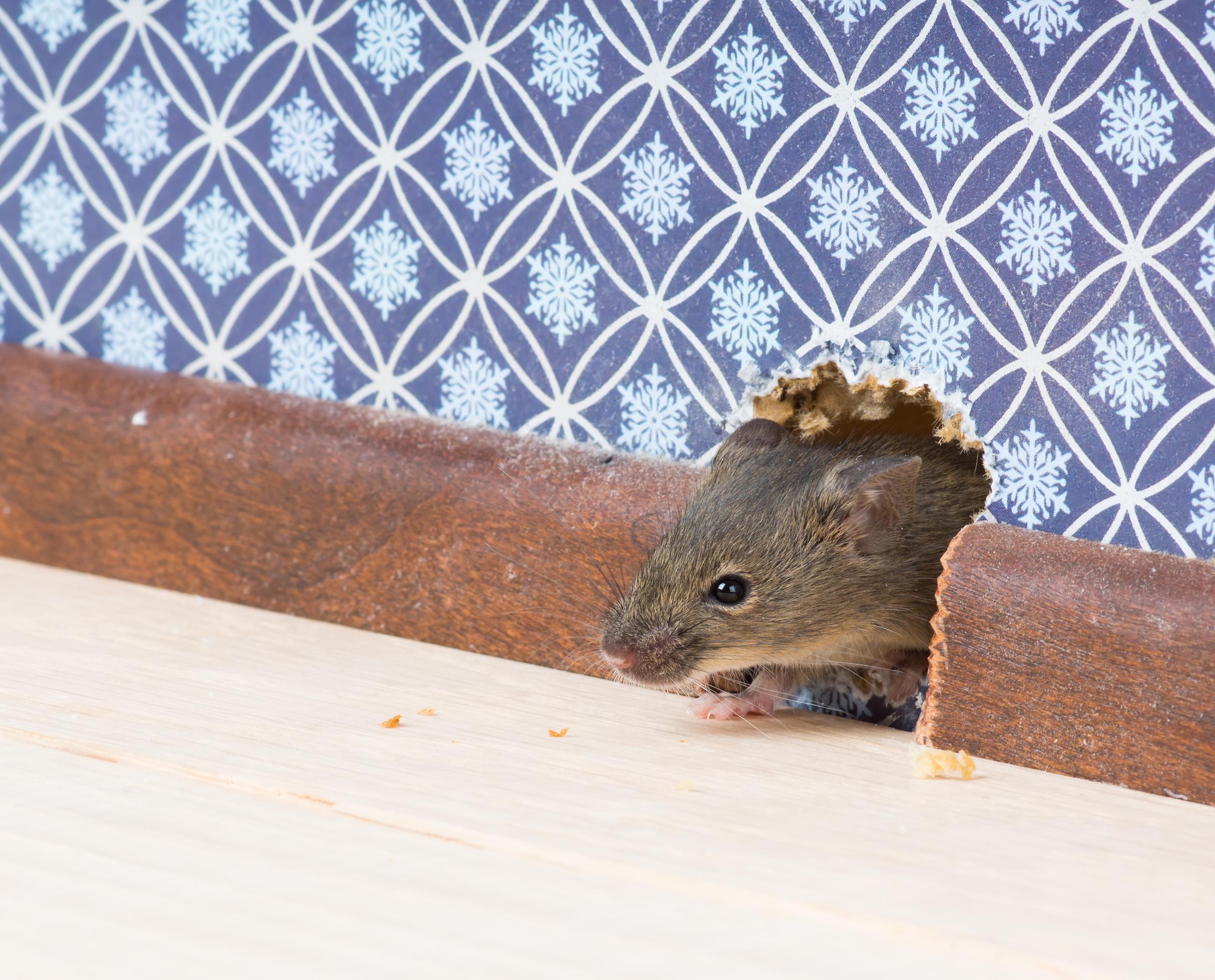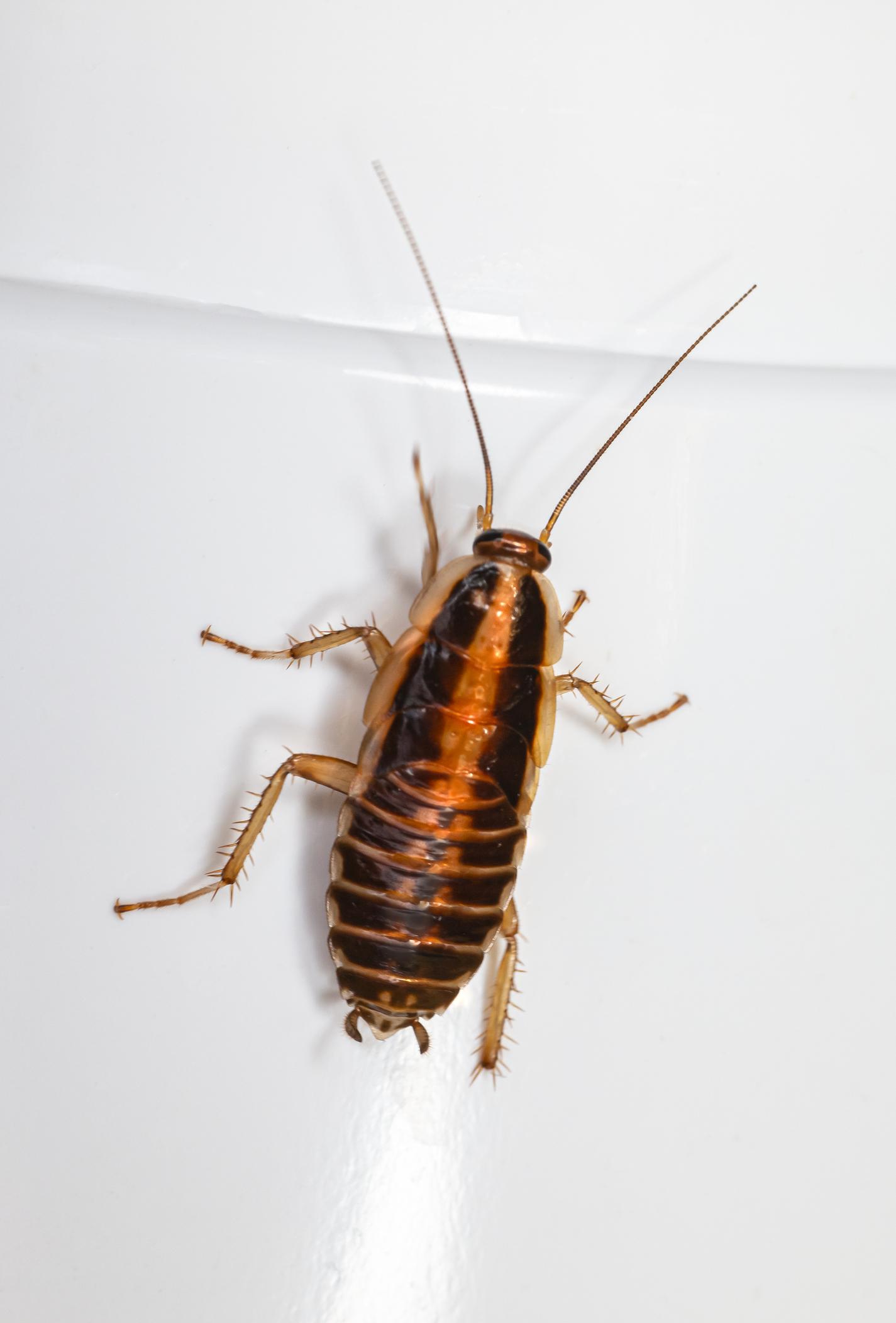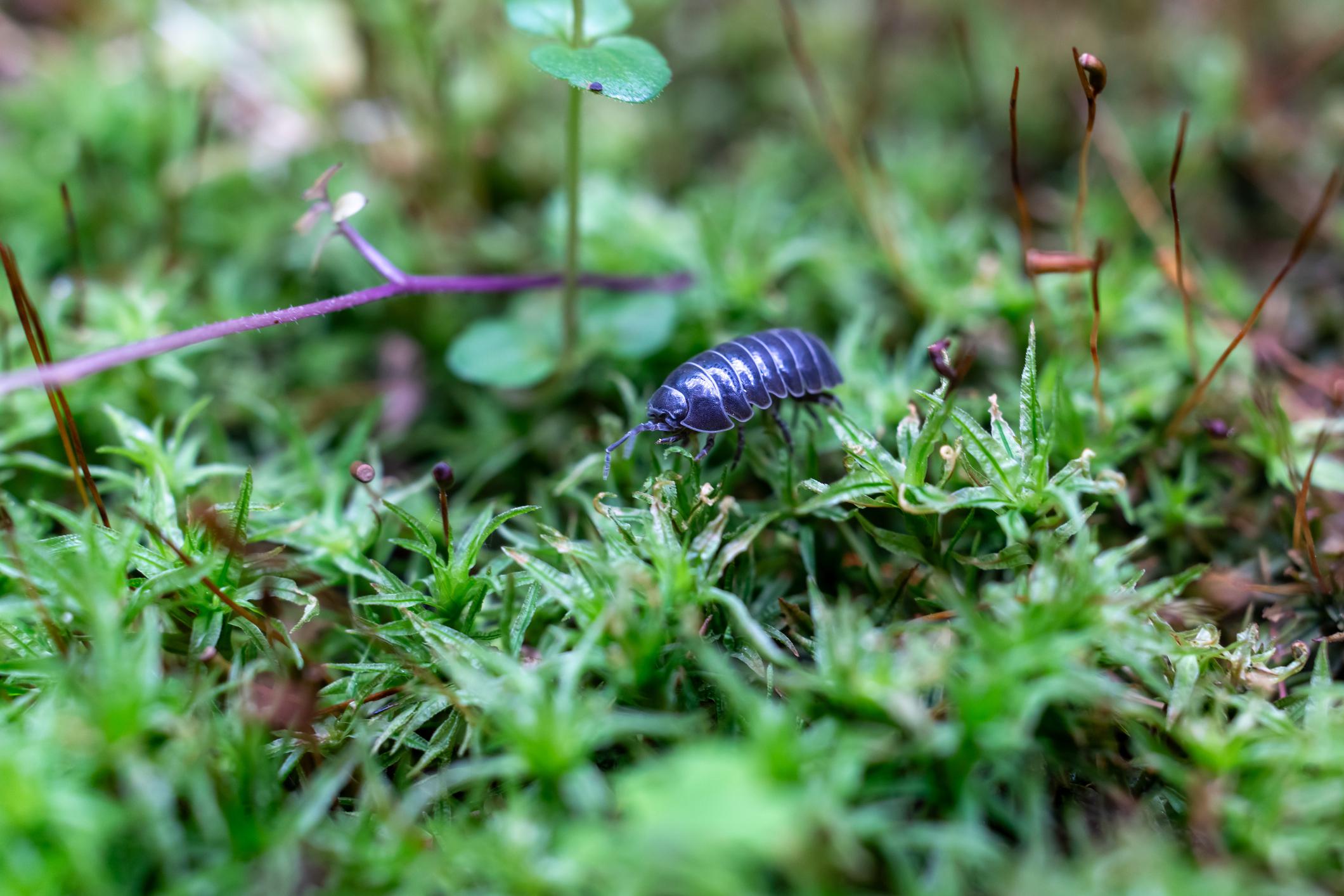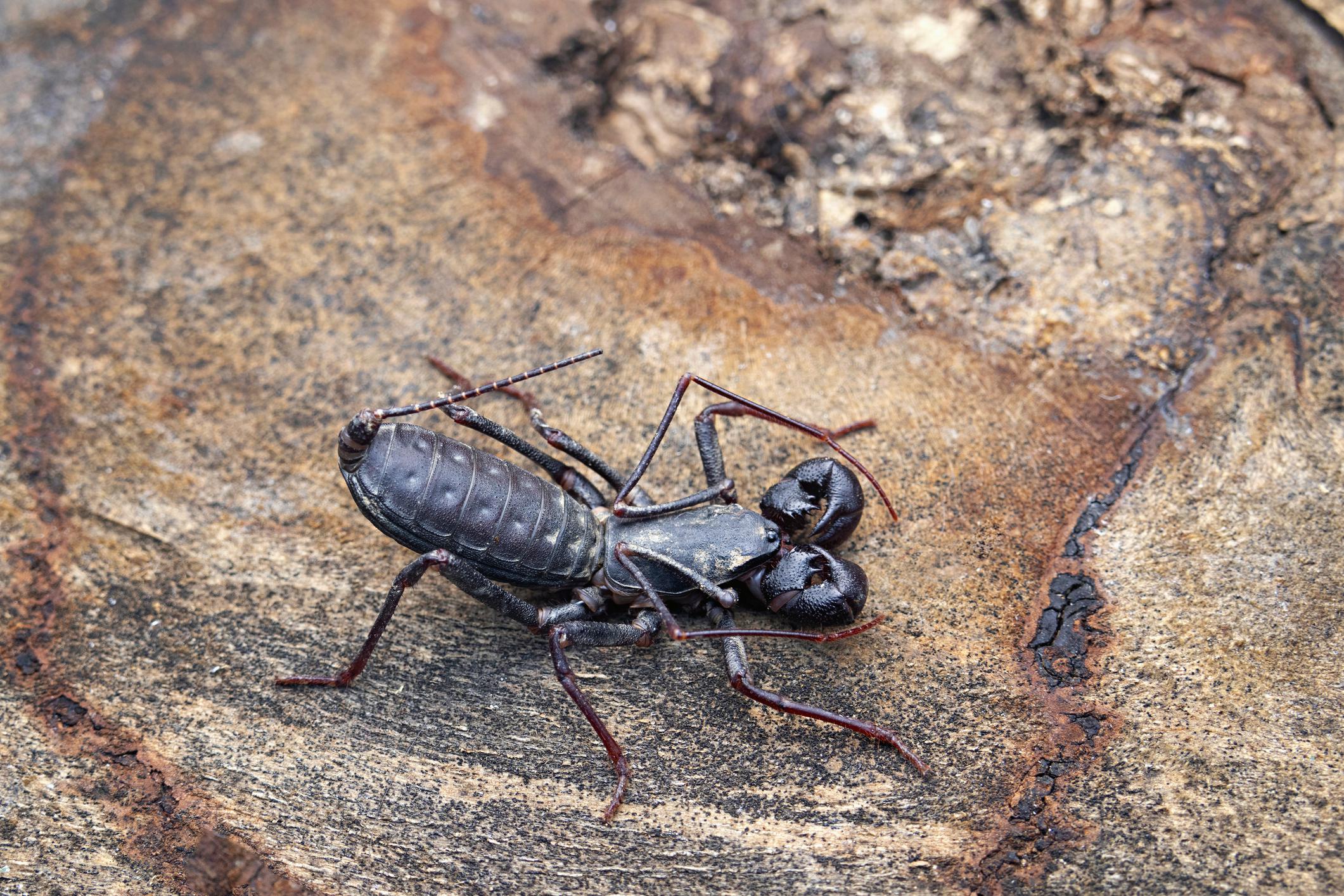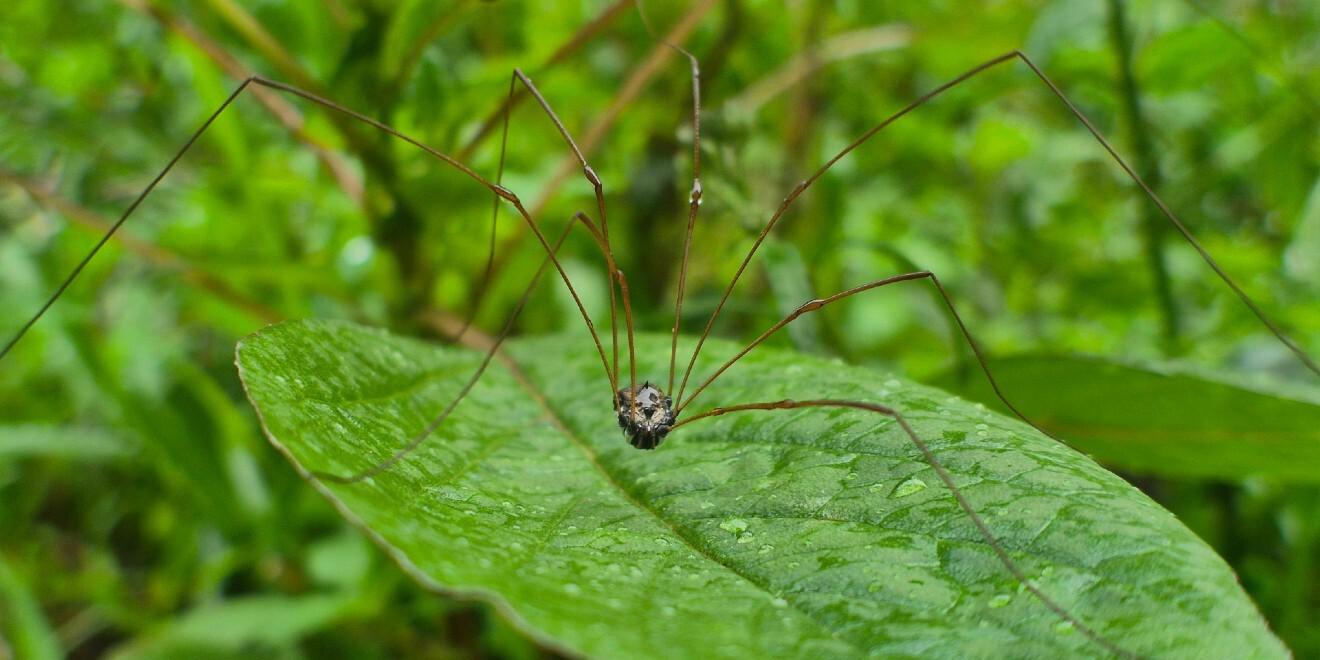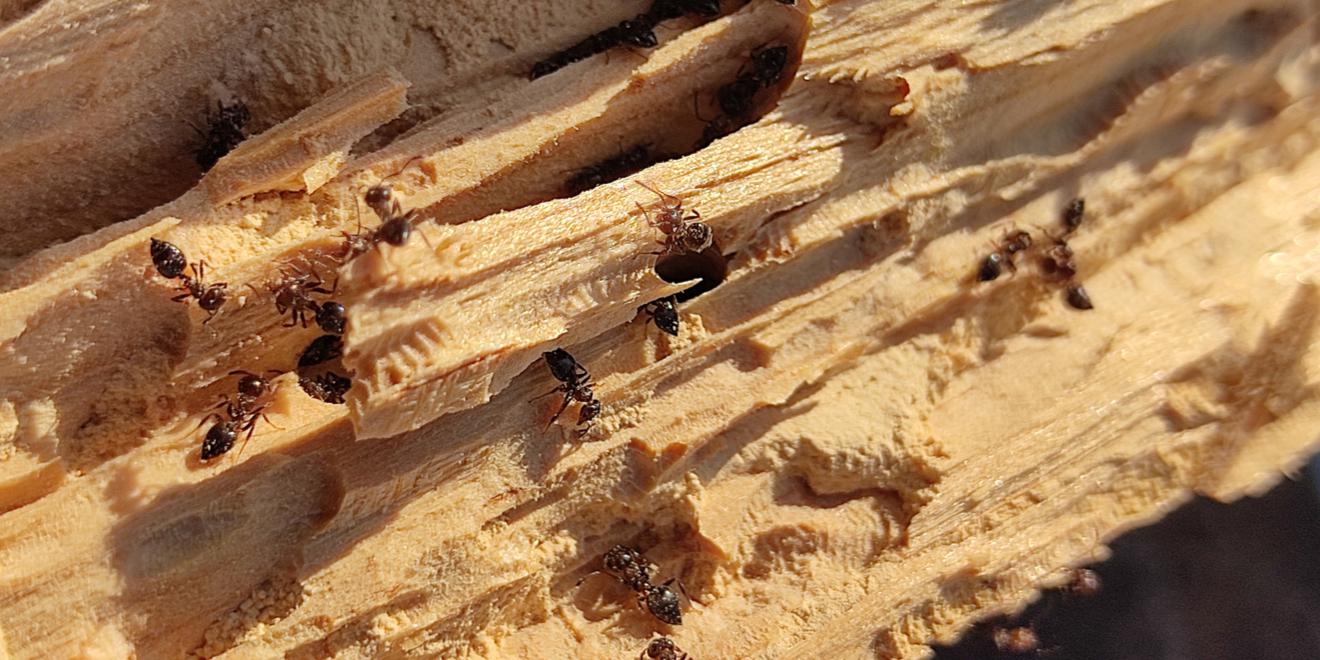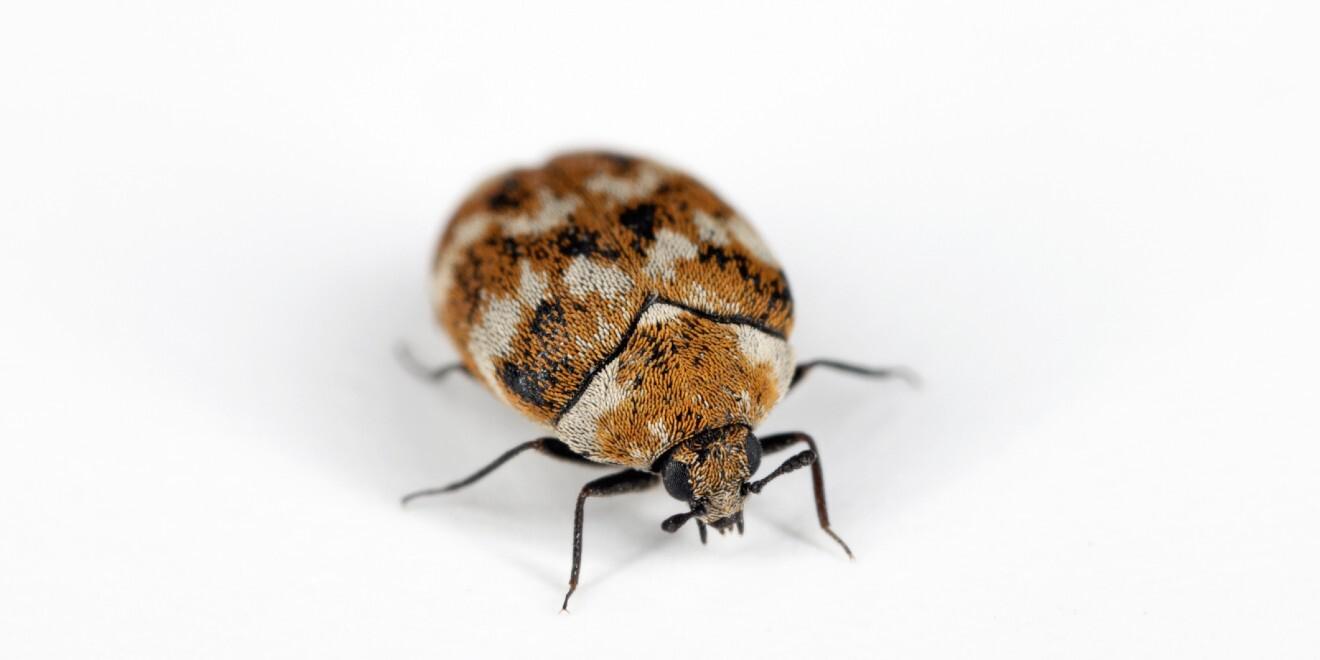What Makes Alpha-Gal Syndrome a Growing Concern in Lansing?
Posted by Mosquito Squad
July 18, 2025
While Lansing mosquito control services are often focused on pests you expect—mosquitoes, deer ticks, fleas—there’s an emerging threat more families should be aware of: Alpha-gal Syndrome. This condition is tied to bites from the lone star tick, a species once found mainly in the southeastern United States but now pushing into new territory. What makes it so concerning? It causes an allergy to red meat and other mammal-based foods, often taking people by surprise after a seemingly innocent tick bite.
And even though Lansing isn’t a hotspot for lone star ticks just yet, the risk is growing. People travel, ticks hitch rides, and wildlife doesn’t recognize state borders. That’s how Alpha-gal makes its way north—and why homeowners here should be thinking ahead.
Ticks, Travel, and Alpha-Gal
Unlike Lyme disease or ehrlichiosis, Alpha-gal isn’t caused by a bacteria or virus. It’s an immune response to a sugar molecule found in most mammals. The lone star tick picks it up from feeding on animals and then introduces it to humans through its bite. Once in your system, the next time you eat beef, pork, or lamb, your body might treat it like a threat. This can lead to itching, hives, stomach upset, or, in severe cases, even anaphylaxis.
And the timing makes it even more complicated. Symptoms can appear several hours after eating, so people often don’t connect the dots right away. For some, it takes multiple reactions before a diagnosis is made—and by that point, everyday habits like grabbing takeout or eating at a summer barbecue become a challenge.
While lone star ticks are still uncommon in much of Michigan, they are appearing more frequently in surrounding states and have been found in isolated pockets throughout the Midwest. Anyone who travels to southern regions, hikes, camps, or has contact with pets that roam outdoors should be alert to the possibility of exposure.
Proactive Protection at Home and Beyond
The best way to avoid diseases that ticks spread is to avoid getting bitten in the first place. You can start with your property, where you should keep grass cut short, remove brush and tall grasses, and create clear a separation between wooded areas and places where people gather. Be sure to check pets, yourself, and any outdoor gear for ticks trying to hitch a ride as well.
When you’re away from home, wear long sleeves and pants, especially when walking through trails or overgrown areas. Stick to the center of paths and avoid brushing against foliage. Use insect repellents that are effective against ticks, and be sure to perform tick checks after spending time outdoors. It’s a habit worth building—and one that can have a huge impact on your health.
For those who want added confidence, recurring tick treatments offer a more complete approach. Applied at regular intervals, these treatments focus on the zones ticks prefer: shady edges, tall plants, leaf piles, and anywhere animals rest or move through, which can all make a big difference in reducing the risk of bites.
Helping Lansing Families Take Control
At Mosquito Squad of Lansing, our goal is to help you enjoy your outdoor space without worry. While mosquitoes get much of the attention, ticks carry their own set of risks—some of which are only just becoming known. That’s why our services are designed to target both pests. Our team uses a proven treatment strategy, adjusting based on your property’s layout and the level of vegetation and shade.
To speak with a team member or get a free quote, contact us today. We’re happy to walk you through your options and help you reduce the risks tied to ticks—Alpha-gal Syndrome included.

